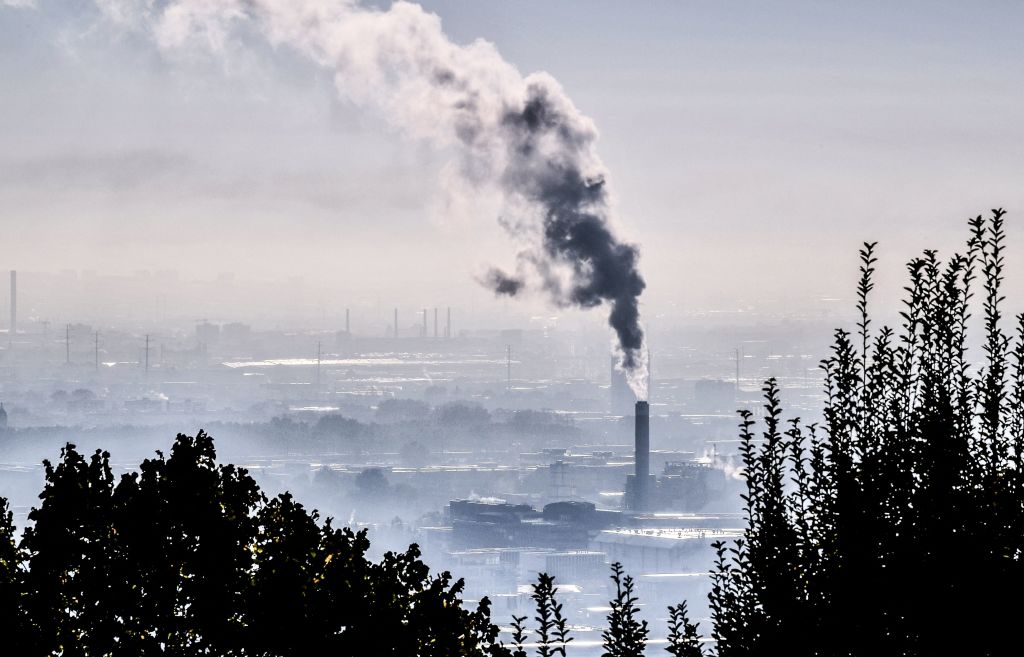- Saturday, April 20, 2024

By: Shubham Ghosh
COP26, considered as Planet Earth’s final chance to save itself from the devastating effects of climate change, kicked off in Glasgow in Scotland, the UK, on Sunday (31) but the initial reaction to the crucial event gave birth to disappointment.
According to a report by Bloomberg, while climate negotiators at COP26 were depending on the world’s most powerful leaders to encourage them before they started the two-week journey to decide over who should do what to slow the alarming rise in global temperatures, the politicians failed to agree on a precise deadline for phasing out the most harmful of fossil fuel to reach zero emissions to save the planet.
ALSO READ: Modi arrives in UK for COP26, to meet PM Johnson
The report said while the G20 was essentially a discussion between the world’s biggest pollution-causing nations that are responsible for 80 per cent of global emissions, the COP26 Summit brings together nearly 200 nations, including those who contribute far less to climate change but suffer greatly from the impact caused by it.
‘India only G20 nation on track to reach Paris climate goal’
“This is a welcome start, but it won’t stop the climate from heating more than 1.5 degrees,” Mohammed Nasheed, former president of the Maldives who serves as the ambassador of climate-vulnerable countries among which his island-nation falls, told Bloomberg referring to the Paris Agreement’s goal of keeping temperatures from rising more than 1.5-degree Celsius from pre-industrial levels. “This isn’t nearly enough,” he said.
India-US financial talks focus on climate change
The report feared that the “watered-down communique” will make it tough to achieve consensus among several diplomats who have gathered in Glasgow. While countries across the world have agreed on a broad framework (decided in the 2015 Paris agreement) that every nation vows to do as much as they can to reduce emissions and the rich ones will provide financial support to the developing economies to raise their ambition, the reality is much different.
When UK PM broke holiday to speak on climate action
The G20 leaders, for example, decided in Rome recently that they would channel post-Covid stimulus funds into climate action and use development banks to provide more money to the developing countries. Delegations from India and Indonesia told Bloomberg that this is what they would require to phase out coal. But the G20 stand has dodged, according to the news outlet, some crucial questions: the amount of money that may be spent or the deadline by which they could be provided.
Again, while the G20 countries agreed that stemming releases of methane, one of the most harmful greenhouse gases, is one of the most feasible and quick way to cool the planet, they could not agree to the Global Methane Pledge that aims to cut emissions by 30 per cent by 2030, compared to the 2020 levels.
“This weak statement from the G-20 is what happens when developing countries who are bearing the full force of the climate crisis are shut out of the room,” Mohamed Adow, director of Power Shift Africa, a non-governmental organization based in the US, told Bloomberg. “At least the UN process is open to all countries and allows the voice of the climate vulnerable to be heard. The exclusive club of the G-20 is clearly not fit for purpose,” he added.
Speaking on the opening day of the talks, COP26 President Alok Sharma said the G20 talks were not easy, but warned that “one meeting – be it the G-20 or COP26 – isn’t going to be able to address everything”, Bloomberg added.
He said the climate events showed need to accelerate climate action this decade and that will mean making gradual progress on the details and identifying specific targets that will hold the countries accountable.
“In many ways, success at the Glasgow climate talks hinges on rebuilding trust,” Helen Mountford, vice president of climate and economics at the World Resources Institute, Washington DC, the US, told the news outlet, adding, “trust that the promised financial support will be delivered to developing countries, trust that major emitters will make bold emission cuts and trust that new corporate commitments are transformative rather than PR stunts”.
![]()